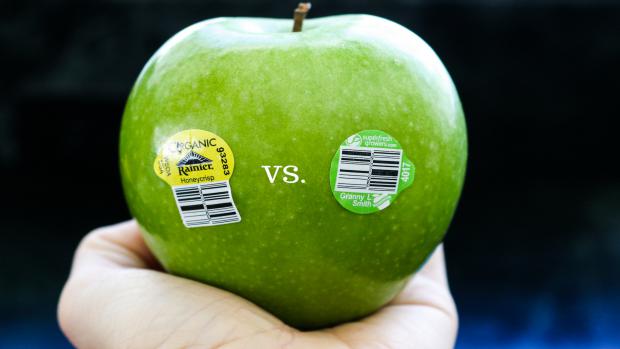
Breaking News
 Are You Starting To Notice A Pattern Yet?
Are You Starting To Notice A Pattern Yet?
 Sacré bleu! Macron blames renewables for Spain's blackouts, France drops renewables targets...
Sacré bleu! Macron blames renewables for Spain's blackouts, France drops renewables targets...
 We Finally Know How Fast The Tesla Semi Will Charge: Very, Very Fast
We Finally Know How Fast The Tesla Semi Will Charge: Very, Very Fast
 Trump admin ousts DOJ antitrust chief Gail Slater amid clashes with White House: Report
Trump admin ousts DOJ antitrust chief Gail Slater amid clashes with White House: Report
Top Tech News
 Drone-launching underwater drone hitches a ride on ship and sub hulls
Drone-launching underwater drone hitches a ride on ship and sub hulls
 Humanoid Robots Get "Brains" As Dual-Use Fears Mount
Humanoid Robots Get "Brains" As Dual-Use Fears Mount
 SpaceX Authorized to Increase High Speed Internet Download Speeds 5X Through 2026
SpaceX Authorized to Increase High Speed Internet Download Speeds 5X Through 2026
 Space AI is the Key to the Technological Singularity
Space AI is the Key to the Technological Singularity
 Velocitor X-1 eVTOL could be beating the traffic in just a year
Velocitor X-1 eVTOL could be beating the traffic in just a year
 Starlink smasher? China claims world's best high-powered microwave weapon
Starlink smasher? China claims world's best high-powered microwave weapon
 Wood scraps turn 'useless' desert sand into concrete
Wood scraps turn 'useless' desert sand into concrete
 Let's Do a Detailed Review of Zorin -- Is This Good for Ex-Windows Users?
Let's Do a Detailed Review of Zorin -- Is This Good for Ex-Windows Users?
 The World's First Sodium-Ion Battery EV Is A Winter Range Monster
The World's First Sodium-Ion Battery EV Is A Winter Range Monster
 China's CATL 5C Battery Breakthrough will Make Most Combustion Engine Vehicles OBSOLETE
China's CATL 5C Battery Breakthrough will Make Most Combustion Engine Vehicles OBSOLETE
Make It Make Sense: Why Are We Punishing The Farmers Doing The Right Thing?

What if we flipped that?
What if the organic apple was just an apple—and the one grown with chemical inputs had to be labeled chemically grown? Why does the burden fall on the farmer doing the right thing, while the one using harmful practices skates by without warning, cost, or consequence?
Why does the farmer who's working with nature—protecting our water, preserving our soil, and nourishing our communities—have to pay extra, while the farmer who's polluting gets to do so for free? Why is the financial burden on the one not doing the damage?
Our rules make it harder to farm responsibly. A chemical farmer can spray right up to the edge of their fence line, but an organic farmer must give up 25 feet on all sides—and sell that buffer zone as non-organic. How does that make any sense?
We claim to want cleaner food, cleaner water, and a healthier planet. But the regulations say otherwise. They punish the farmer doing what's best for humanity and reward the one taking shortcuts that come with long-term consequences.
Meanwhile, foreign-owned corporations—some with deeply troubling records abroad—are seeking permission to be traded on U.S. stock exchanges. Others continue selling toxic chemical products in the U.S. that are banned in their own countries. Why are we opening our doors to this? Why do we reward bad actors while the honest, hardworking American farmer drowns in red tape?
The system is rigged. It pushes farmers toward chemical dependency—not because they want to—but because doing the right thing is cost-prohibitive and over-regulated. Organic farmers pay annual fees and a percentage of their sales just to carry the label. They're taxed not just financially, but logistically and emotionally—while conventional farmers get a free pass to pollute.
Imagine if we flipped it. What if the farmer spraying chemicals paid for that privilege? What if the cost and the burden were placed where the actual harm occurs? Wouldn't that make more sense—for humans, animals, pollinators, soil, and future generations?
Consider this: research has shown that living within a mile of a golf course significantly increases your risk of Parkinson's. Why? Because of a widely used herbicide that's banned in other countries, yet still sold here—often by foreign companies that won't allow its use in their own homeland. Why do we allow that without tax, penalty, or even a warning label?



